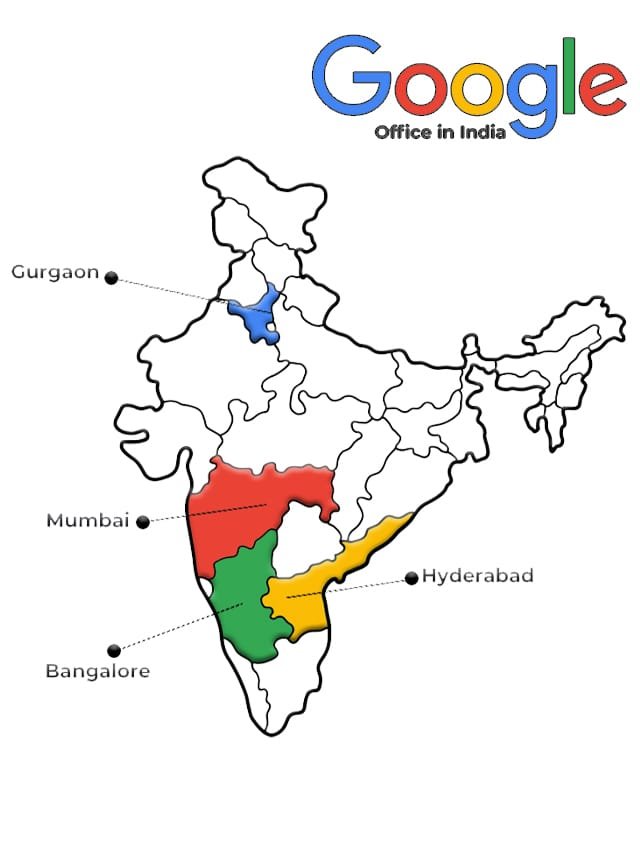Are you dreaming of a career in tech but worried that your lack of a formal degree will hold you back? You’re not alone. Many have paved thei
r way into the tech industry without the traditional four-year degree. In this comprehensive guide, we’ll explore how you can achieve your tech career goals without a degree.
The Changing Landscape of Tech Careers
The tech industry is known for its rapid evolution and innovation. As companies strive to stay ahead, they are increasingly valuing skills and practical knowledge over formal education. This shift is opening doors for many who are passionate and skilled but don’t hold a traditional degree.
Why Tech Companies Hire Without Degrees
- Skill Over Formal Education: Tech companies prioritize skills and experience. If you can demonstrate your capabilities, a degree becomes secondary.
- Diverse Talent Pool: Hiring individuals from varied backgrounds fosters innovation and creativity.
- Fast-Paced Industry: The need for talent in tech is so high that companies can’t afford to wait for traditional education cycles.
Essential Steps to Get a Job in Tech Without a Degree
1. Self-Learning and Online Courses
The first step to breaking into tech is self-education. There are numerous resources available online to help you learn the necessary skills.
- Online Courses: Platforms like Coursera, Udemy, and edX offer courses in programming, data science, cybersecurity, and more.
- YouTube Tutorials: Many tech professionals share their knowledge on YouTube, offering free tutorials on various tech skills.
- Blogs and Articles: Reading up-to-date articles and blog posts on tech trends and skills can also be beneficial.
Recommended Courses:
| Course Name | Platform | Duration | Cost |
|---|---|---|---|
| Python for Everybody | Coursera | 8 months | Free |
| The Complete JavaScript Course 2024 | Udemy | 30 hours | $14.99 |
| Introduction to Data Science | edX | 10 weeks | Free |
2. Gaining Practical Experience
Theory is essential, but practical experience is what will set you apart.
- Build Projects: Start with small projects and gradually tackle more complex ones. This will help you build a portfolio that showcases your skills.
- Contribute to Open Source: Platforms like GitHub host a plethora of open-source projects you can contribute to. This not only hones your skills but also demonstrates your ability to work collaboratively.
- Internships and Freelancing: Look for internships or freelance gigs. These can provide hands-on experience and help you build connections in the industry.
3. Certifications
Certifications can validate your skills and make you more attractive to employers.
Popular Certifications:
| Certification | Issuing Organization | Cost |
|---|---|---|
| CompTIA A+ | CompTIA | $232 |
| Google IT Support Professional Certificate | Coursera | $39/month |
| AWS Certified Solutions Architect | Amazon Web Services | $150 |
4. Networking
Networking is crucial in any industry, and tech is no exception.
- Join Tech Communities: Participate in online forums like Stack Overflow, Reddit, and tech-specific communities on LinkedIn.
- Attend Meetups and Conferences: Local meetups and industry conferences are great places to meet professionals and learn about job opportunities.
- Social Media: Follow tech leaders and companies on social media platforms like Twitter and LinkedIn to stay updated and engaged.
5. Preparing for the Job Market
When you’re ready to start applying, make sure you have a polished resume and LinkedIn profile.
- Resume Tips: Highlight your projects, skills, and any certifications. Use quantifiable achievements wherever possible.
- LinkedIn: Ensure your LinkedIn profile is complete and reflects your resume. Engage with posts, join relevant groups, and connect with industry professionals.
6. Acing the Interview
Interviews in the tech industry often include technical assessments. Here’s how to prepare:
- Practice Coding Problems: Use platforms like LeetCode, HackerRank, and CodeSignal to practice coding challenges.
- Mock Interviews: Participate in mock interviews through services like Pramp or Interviewing.io to get a feel of the real thing.
- Soft Skills: Communication, problem-solving, and teamwork are crucial. Be prepared to demonstrate these skills during your interview.
READ MORE : Apply for Software Development Internship at Danaher 2024
FAQs
Q: Do I need to learn multiple programming languages?
A: Start with one language and become proficient. As you progress, learning additional languages can be beneficial.
Q: How important is a portfolio?
A: A portfolio is very important as it showcases your practical skills and projects. It’s a tangible proof of your abilities.
Q: Can I get a job in tech with just certifications?
A: Yes, many have successfully landed tech jobs with the help of relevant certifications, practical experience, and a strong portfolio.
Closing Note
Breaking into the tech industry without a degree is entirely possible with dedication, the right resources, and strategic networking. Start learning, build your skills, and don’t be afraid to showcase your work. Your dream tech job is within reach!
Thank you for reading! For more tips and updates on jobs, internships, and courses, join CourseBhai on social media, subscribe to our push notifications, and sign up for our newsletter. Stay informed and get instant updates on the latest opportunities. Happy learning and job hunting.











